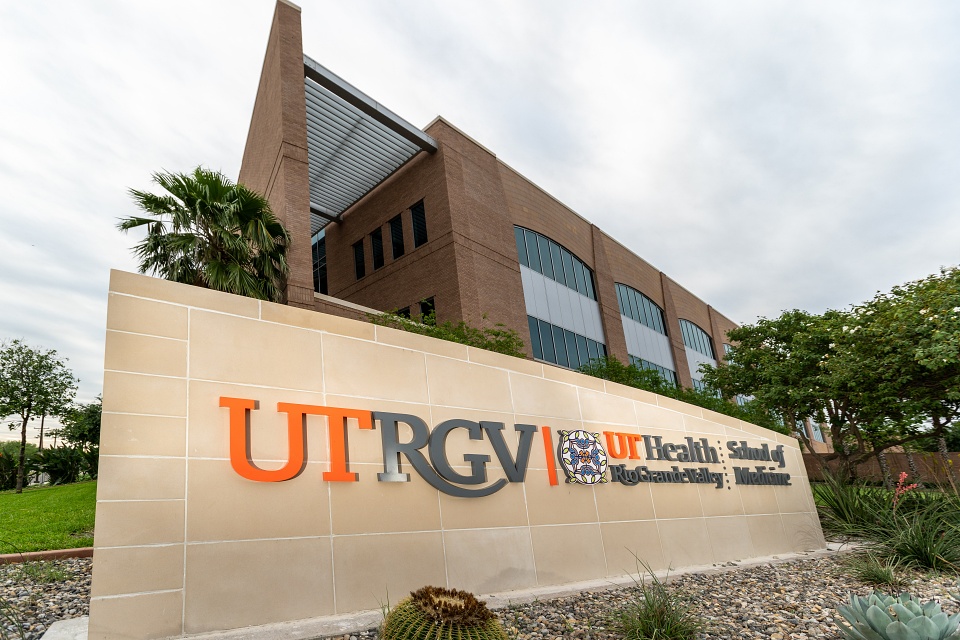|
Only have a minute? Listen instead
Getting your Trinity Audio player ready...
|

The University of Texas Rio Grande Valley School of Medicine completed last month the final stage of accreditation required by the Liaison Committee on Medical Education, a step the institution says paves the way for further growth of the institution.
Accreditation for the school isn’t new. It received preliminary accreditation in 2015, when it opened, and provisional accreditation in 2021.
While expected, finishing the accreditation process means the school stuck the landing on the eight-year process. The university says full accreditation will allow the school to increase the number of students it admits annually.
“This was the final hurdle, which gave us full accreditation,” School of Medicine Dean Dr. Michael Hocker said Friday. “Which is important, because to get accredited now, for a medical school, it’s a really strenuous and tenuous review of your program and it really says that you have a high quality program that’s meeting the needs of medical students.”
The school of medicine has, during that accreditation process, grown dramatically. Hocker says it’s up to over 130 faculty, over 500 staff and 29 clinical sites. It’s also embarked on high-profile projects, like an Alzheimer’s research center, a podiatry school and an over-$145-million cancer and surgery center.
The result of that growth, Hocker said, has been the school beginning to deliver on one of its core missions: bringing more doctors and more care to Rio Grande Valley residents. “It’s amazing to see the growth,” he said.
Hocker says the school has also faced challenges during that accreditation process: leadership change, a residency program split and the university lacking a hospital of its own.
Full accreditation, he said, earns the school prestige points that may help with another challenge — attracting quality talent way down to the Valley.
Hocker said recruits are often under-informed or misinformed about the region.
“Recruitment of specialists to the Valley is always challenging because a lot of folks don’t know about the Rio Grande Valley, and what they do know, they tie to the border issues,” he said.
According to Hocker, residents can likely expect to see the school continue to roll out new exciting programs over the next several years. He described the school and the Valley as growing together.
“We don’t get accredited and stop,” Hocker said. “We have more innovative ways that we’re gonna keep moving forward and keep making this place a place that we can be proud of where we serve the Valley. And I think that’s really what sets our school apart is (that) we’re so tied to the community and what is happening here.”



